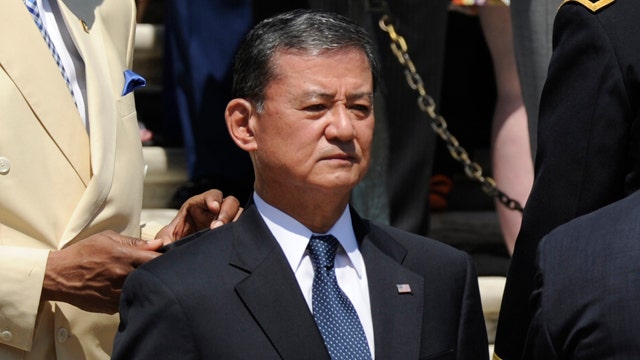The news that more than half our states have VA facilities with secret waiting lists that threaten the lives of our veterans is shocking.
But the more pervasive, less sensational, problem with VA hospitals is one I have experienced as a physician: They are fallback places, providing second tier medical care, with each facility serving meat and potatoes medicine to its community of needy veterans.
Many veterans know this and choose to get their health care elsewhere when they can, via Medicare or private insurance if they have it. For these veterans, the VA is a place to go for free prescriptions, lab tests and medical care only when they can’t get in to see their regular doctors.
[pullquote]
Veterans as a group need more care, not less, because of the stress and risk involved in defending and protecting our country. Injuries in combat and post-traumatic stress are accompanied by bad habits, including smoking. According to the Centers for Disease Control, 74 percent of veterans report a history of smoking. Almost 45 percent of military deployed to Iraq and Afghanistan smoke. That’s double the rate of civilians.
Of course, smoking greatly increases the risk not only of heart disease and cancer, but also vascular disease. Wounds don’t heal as well when you smoke.
I have worked in several VA hospitals – including Buffalo, N.Y., Manhattan, N.Y., Northport, N.Y., and Seattle – and I have discovered that the more closely affiliated with a university, the better in terms of quality of care – because doctors are shared and work in both places.
There is also great research going on in many of these VA centers. I conducted clinical research several years ago at the VA facility in Northport and found that the veterans I worked with were eager to be in the trials because of the extra attention they received.
According to the American Board of Physician Specialties, there are 1,400 unfilled doctor positions in the nation’s VA health system. This contributes to the overall problem of inadequate quality of care. There are clearly some great doctors working at VA hospitals, but there also clearly need to be major improvements across the board.
What is the solution? Clearly, an administration that has already spent hundreds of billions of dollars on ObamaCare without improving access or quality or saving money isn’t about to throw billions more at a dysfunctional system that won’t look better with a coat of whitewash.
But I am not one who believes that a complete (exorbitantly expensive) remake is the best solution in any case. For one thing, private solutions for our veterans show more flexibility and personal commitment. The VA has been and always will be a big bureaucracy that may be insensitive to the needs of individual vets. It has been particularly ineffective, to give one prominent recent example, in addressing the impact of sexual assault on victims.
I think the best short-term solution would be to allow recent veterans continued access to our military hospitals that serve active duty soldiers for at least a year after being discharged from active duty, because the wounds of war don’t go away instantly upon return to safe borders.
For a longer-term solution, the Feds should offer Medicaid or Medicare to all our veterans, to provide an alternative to the VA hospital for those who have no other insurance options.
It’s the least we can do for those who fight for our freedom.





















